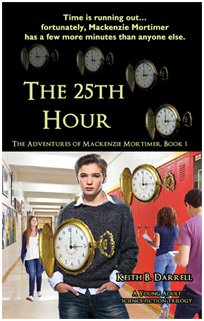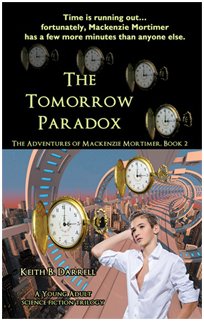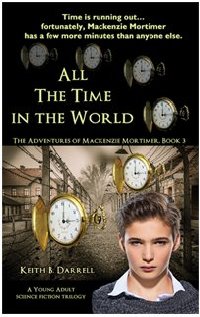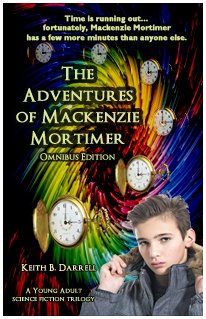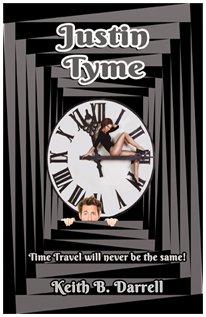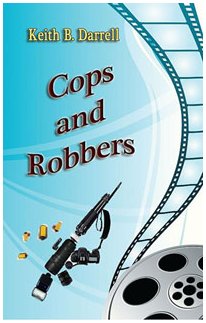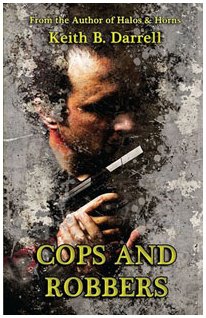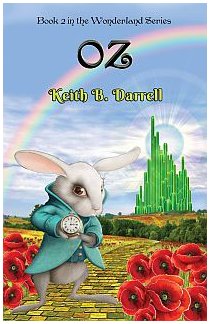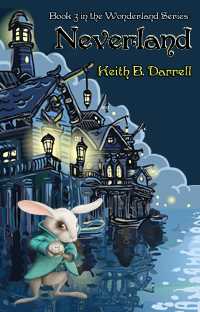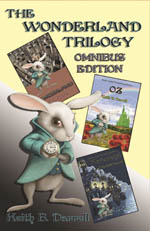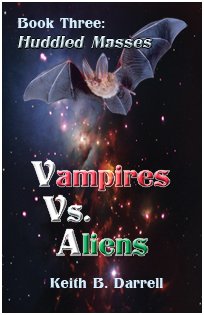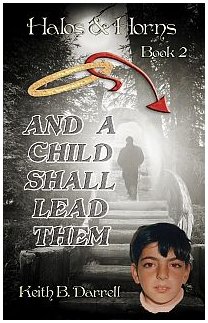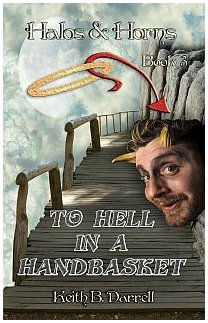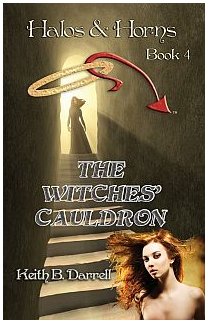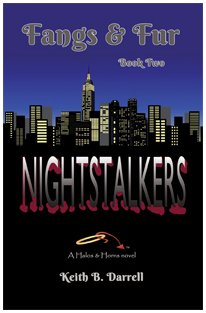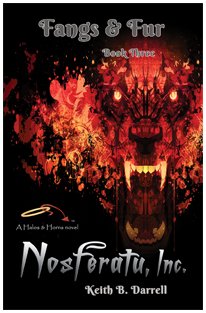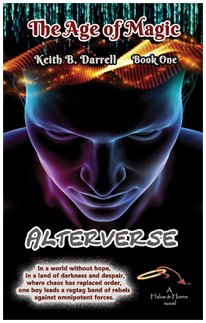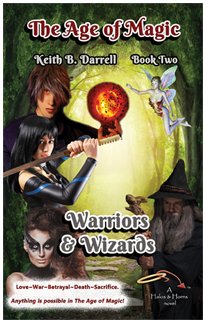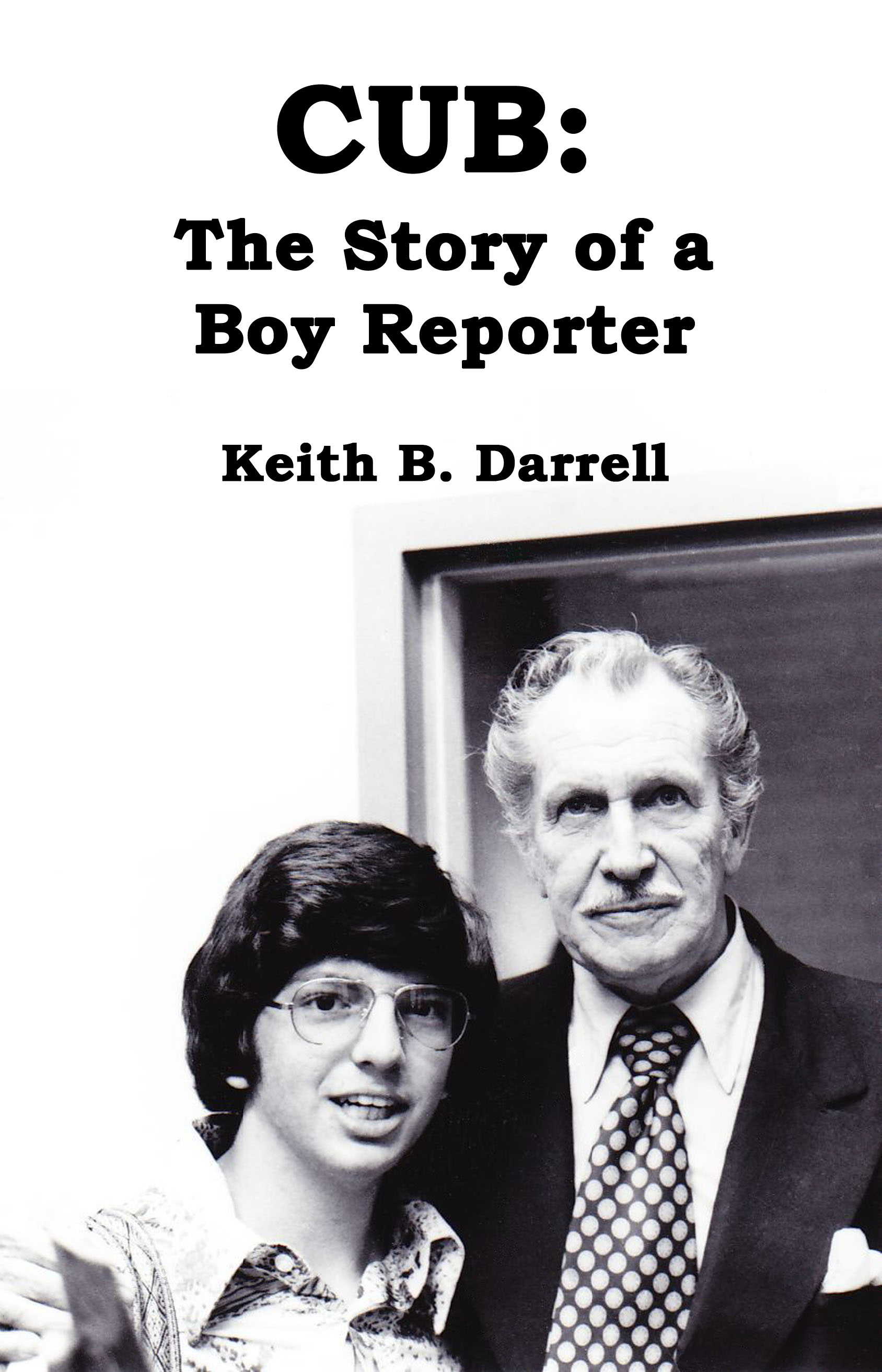(This post is part
of a series on the 14 Top TV Dramas You’ve Never Seen)
For four weeks, we’ve counted down The Top TV Dramas
You’ve Never Seen. Now we’ve reached Number 1: I, Claudius. A true
masterpiece, from the scripting to the acting. If you are not a fan of
historical dramas, it might take you a few moments to get used to the fact all the characters wear togas and many have Latin names that trip over your tongue.
But the story of the Roman Empire is an intriguing one and the performances by
these actors is nothing short of brilliant. Not to diminish any of the
performances, but several actors stand out as first among equals for their
flawless acting.
Derek Jacobi is superb as the lame and stuttering Claudius,
whose physical impediments help him to play the fool. At a court filled with
treachery and deceit, ambitious members of the royal family often ended up dead
before they might assume the throne. By appearing a fool, Claudius was never
targeted for assassination by his more ambitious peers and survived to be
crowned emperor. (Ironically, Claudius championed a republic, not an empire and
did not wish to become emperor). John Hurt is a tour de force as the mad
Caligula. He has a field day exploiting Caligula’s penchants for cruelty,
extravagance, and sexual perversity. Siân Phillips plays Augustus’ wife Livia, in
a performance that is both brilliant and breathtaking. She was only 32 when the
show was filmed, but thanks to superb make-up artistry, Phillips was aged convincingly
from a middle-age to an elderly woman.
Some of my favorite scenes involve Livia. In one, she
casually discusses the art of poison with a poisoner over lunch, and we watch
as the master poisoner slowly realizes she herself has been poisoned by Livia.
In another scene, Livia is eager for her son Tiberius (George Baker) to succeed her husband
Augustus as emperor, only Augustus is stubbornly clinging to life. She nurses
Augustus and prepares some figs for him. Augustus dies shortly after eating the
figs. In this clip, a weeping Livia, standing over Augustus’ body, informs Tiberius
the emperor is dead. She leaves him to tell the Senate, then turns and adds, “By
the way, don’t touch the figs.” The other clip, below, links to an entire episode, “The Queen of Heaven”, where
Livia has a telling confrontation with Claudius in which she admits she has
figured out Claudius is no fool. “I always thought (the biggest fool in my
family) was you. But I think now I was wrong,” she tells him, adding, “Wine has made you bold. Lost your stutter, too,
I see.”
The series is an adaptation of Robert Graves' novels
"I, Claudius" and "Claudius the God". It’s told in flashbacks
narrated by an elderly Emperor Claudius as he writes his memoirs, covering the
reigns of Augustus, Tiberius, Caligula, and Claudius. Astute viewers will spot a
young Patrick Stewart of Star Trek fame cast as Sejanus, prefect of the RomanPraetorian Guard.
YouTube clip "The Queen of Heaven"


